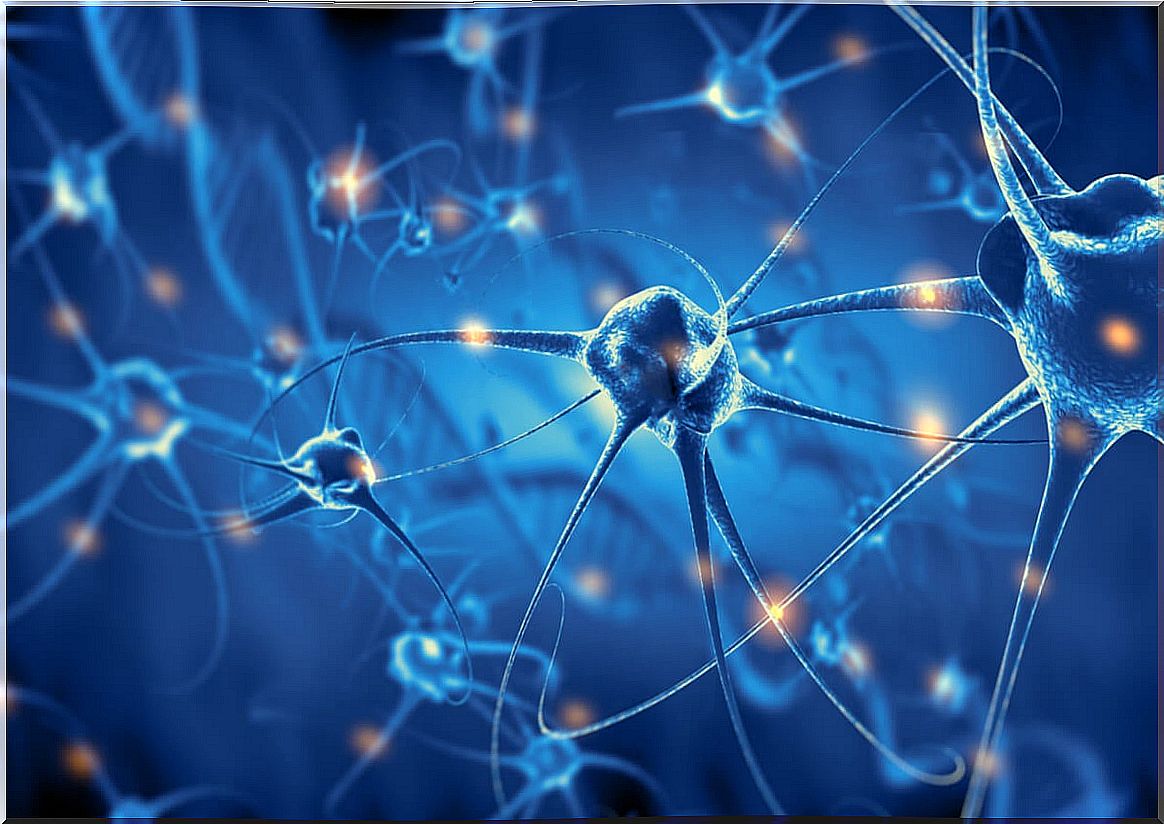Sleep Helps Repair Brain DNA, According To Study

Science has discovered a new function of sleep. It has to do with sleeping helps repair DNA in the brain. It may seem technical, but the truth is that this is essential to accelerate or slow down aging and, in general, the deterioration of the body.
Despite the discovery of this new function of sleep, this state remains an enigma for science. It is true that much progress has been made in understanding this phenomenon; however, what we ignore is still more than what we know.
The good news is that with the discovery of this new sleep function, new clues about the subject emerge. In fact, the information gathered serves to explain why all living organisms need to sleep and why if they don’t they can die.

The new function of sleep that has been discovered
The research that identified this new function of sleep was led by Dr. Lior Appelbaum and carried out by the Bar-Ilan University of Israel. It was published in the journal Nature Communications and represents one of the most interesting studies of recent years on this subject.
This research was carried out with zebrafish, which, according to scientists, are ideal for observing what happens in the nervous system. The structure of the brain of these animals is comparable to that of human beings, but it is also a specimen that is completely transparent. In this way, you can clearly see what is happening.
The scientists used high-resolution microscopes and in this way were able to observe in detail what was happening in the nucleus of neurons. They also managed to notice the movement of DNA and proteins in the same nucleus.
Sleep helps repair brain DNA
The Bar-Ilan University study discovered a new sleep function that affects the performance of neurons. These cells were found to need sleep to carry out maintenance work on their nuclei. It is in such nuclei that DNA is found.
The observations, made through three-dimensional imaging techniques, showed that during the waking state the genetic material accumulates damage or errors in the DNA. These are caused by solar radiation, the same neuronal activity or oxidative stress. The latter takes place due to the accumulation of free radicals that come from respiration, the functioning of blood vessels or certain chemical reactions.
The new function of sleep that has been discovered resembles what happens when a road is repaired. During the day, it accumulates traffic damage on it. At night it is repaired because it is a more propitious time to do it, since there are few automobiles in circulation.
Something similar happens in the brain. During sleep the chromosomes start an intense activity. The objective is to repair the genetic material and, in this way, to get the brain to function at full speed after resting.

The implications of the findings
The author of the research, Lior Appelbaum stated, in short: “Sleep gives the body an opportunity to reduce accumulated DNA damage during wakefulness. ” Thus, restful sleep consists precisely in this: in carrying out maintenance on the nucleus of neurons.
The results show that this is the reason why by not getting enough sleep, the brain lowers its performance, affecting aspects such as memory and attention, among others. Likewise, it is indicated that when a large number of errors accumulate in the DNA, what happens is that we feel sleepy.
This process of repair of the genetic material also occurs in the other cells of the organism. However, in this case it is not necessary to be asleep, but it is carried out every time it is required, being at rest or not.
The newly discovered sleep function only applies to neurons, which are nerve cells. The scientists also stressed that all this would be the reason why lack of sleep can lead to death. If you do not sleep, there is a remarkable degradation of DNA, which would lead to a dysfunction of the neuronal cells and, consequently, to a dysfunction in the whole organism. These data, without a doubt, greatly enrich the knowledge about sleep.









